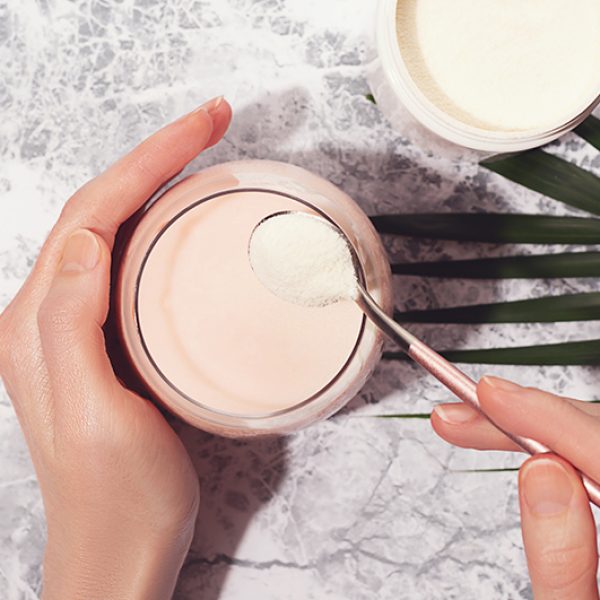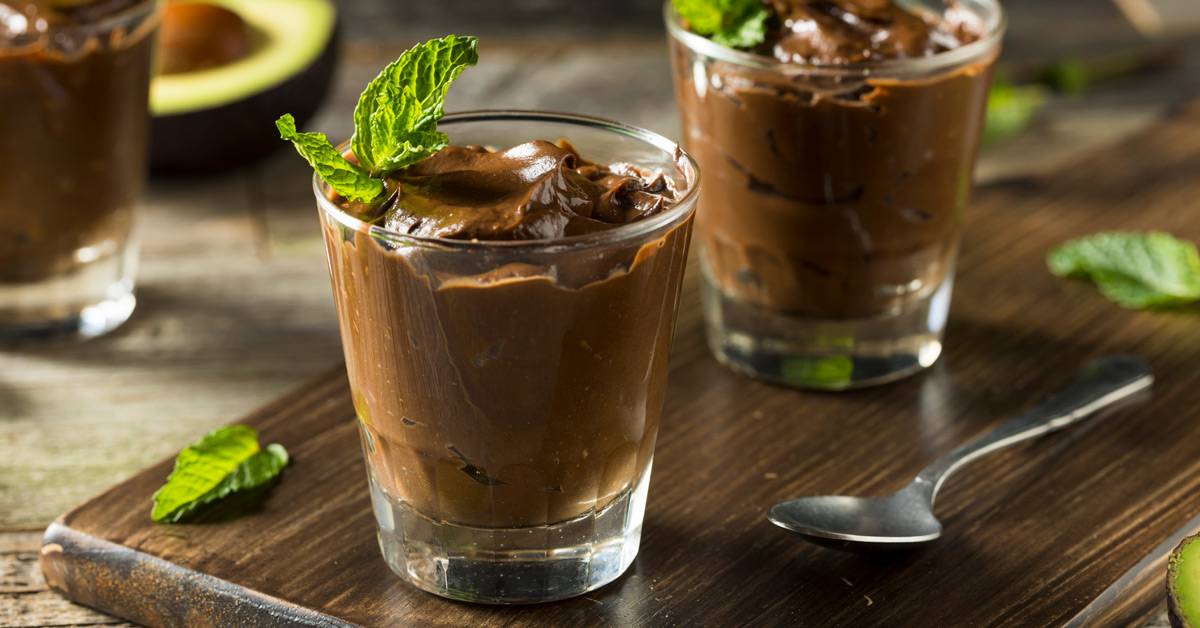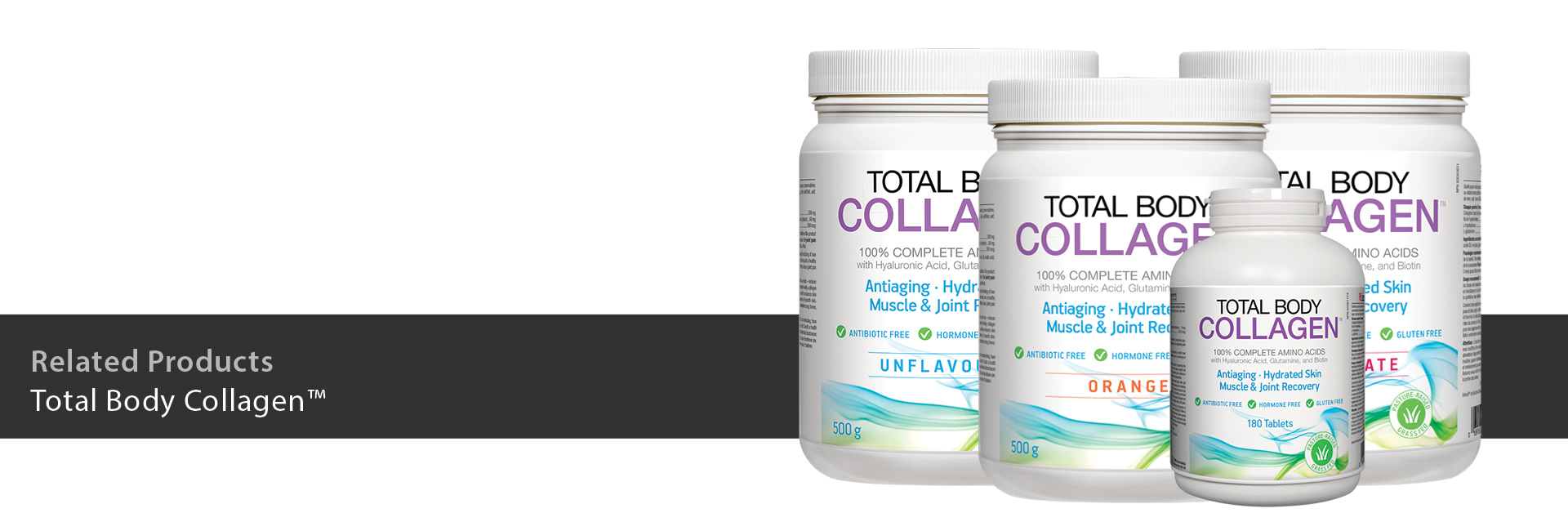

Are Collagen Supplements Worth the Hype?
There are many theories, paradoxes, and phenomena when it comes to aging, but one simple fact remains true: when we’re young we want to look older, and when we’re old we want to look younger. As we age, our yearning for a more youthful appearance often ends up drawing us toward age-defying beauty treatments such as Botox, fillers, lasers, and retinols. But where do collagen supplements fit into all this? Do they really help reduce visible signs of aging? If you are a skincare junkie and interested in collagen’s claim to fame, read on!
What is collagen anyway?
Collagen is the most abundant protein in the body and the main structural element of most connective tissues like cartilage, bones, tendons, skin, and teeth. The body’s demand for collagen is very high – at least one pound of freshly synthesized collagen is required every five days simply to keep up with proper remodelling of connective tissues. When it comes to skin, the body requires a substantial amount of new collagen (27 g per day) just to maintain its structure.[1] Unfortunately, after the age of 20, natural collagen production begins to decline. When collagen demands are not met, fine lines, wrinkles, and joint degradation (just to name a few!) become inevitable.
Do collagen supplements really work?
So, we know that our bodies need collagen, but are collagen supplements the answer or should we just drink more bone broth? While bone broth is rich in a variety of essential nutrients, it is unlikely to provide a consistent and reliable concentration of the key amino acids necessary to restore collagen. On the other hand, there is a growing body of evidence providing a strong correlation between collagen supplements and healthy connective tissues. For example, within just four weeks, collagen supplements have been shown to help reduce eye wrinkle volume and improve skin elasticity. [2,3] Furthermore, research also suggests that collagen supplementation can support joint health in athletes and help reduce osteoarthritis-related joint pain.[4,5] However, with so many collagen options available, it is important to note that not all collagen is created equal.
Collagen supplements you can trust
When you take collagen supplements, always look for collagen that has been broken down or “hydrolyzed” into specific peptides, or small chains of amino acids. These peptides are more readily recognized by your body’s collagen factories, namely fibroblast cells, and serve to stimulate natural collagen production. How do you ensure you’re getting the best type of hydrolyzed collagen? Here is a handy checklist to take with you shopping:
- If choosing bovine (cattle) collagen, look for a non-GMO, pasture-raised, grass-fed source that is free of both steroid hormones and antibiotics.
- If choosing marine collagen, look for an odour-free, non-GMO source, extracted from wild-caught, sustainably sourced fish, like whitefish.
- Instead of purchasing generic hydrolyzed collagen, look for hydrolyzed bioactive collagen peptides – this will ensure you’re getting specialized peptides designed to target your fibroblast cells to produce more collagen.
- Make sure the collagen has been third-party tested. Look for the ISURA® logo – ISURA is a Canadian, independent verification lab that tests for up to 800 possible different contaminants. ISURA has an excellent reputation for approving non-GMO, contaminant-free, adulterant-free, authenticated, and accurately labelled products.
- Ensure your collagen has added tryptophan to provide a complete amino acid profile – collagen supplements without tryptophan can lead to tryptophan deficiencies.[6]
- Look for a product that contains added supportive nutrients like hyaluronic acid, L-glutamine, vitamin C, and biotin, which are all essential in supporting healthy connective tissues.
Total Body Collagen™ is a household brand that checks off all the boxes and has been clinically proven to reduce wrinkles, improve skin elasticity, reduce cellulite, improve nail growth, and increase hair thickness.[2,3,7,8,9] What’s more, collagen supplements are safe and generally well tolerated.
So are collagen supplements worth the hype? Yes! But make sure you purchase high-quality hydrolyzed bioactive collagen peptides. Total Body Collagen™ delivers collagen peptides that really work.
Add collagen to your daily routine with these two easy recipes:


Iced Oat Latte
Serves 1
Ingredients:
1 shot freshly brewed espresso
2 shots oat milk
1 scoop Total Body Collagen™ (unflavoured) or Total Body Marine Collagen™ (unflavoured)
A handful of ice
A dash of cinnamon
Method:
Add collagen powder to the oat milk and blend with a milk frother. Add espresso and mix gently with a spoon. Add ice and a dash of cinnamon on top, and serve.


Chocolate Pomegranate Pudding
Serves 2
Ingredients:
2 ripe avocados, diced
¼ cup almond or oat milk
3 Tbsp pure cocoa powder
2 Tbsp pure maple syrup
¼ tsp pure vanilla extract
A pinch of salt
1 scoop Total Body Collagen™ (pomegranate)
Method:
Add all ingredients to a food processor until blended well. If the mixture is too thick, add 1-2 teaspoons of water to obtain desired consistency. Divide pudding into two serving bowls, and refrigerate for one hour.
Chef’s tip: Try swapping Total Body Marine Collagen™ (pomegranate) for Total Body Marine Collagen™ (orange) to switch up the flavour profile!
By Natasha Paroutis, BASc Food and Nutrition
References:
1. Melendez-Hevia E, De Paz-Lugo P, Cornish-Bowden A, et al. A weak link in metabolism: The metabolic capacity for glycine biosynthesis does not satisfy the need for collagen synthesis. J Biosci. 2009; 34(6):853-72.
2. Proksch E, Schunck M, ZagueV, et al. Oral intake of specific bioactive collagen peptides reduces skin wrinkles and increases dermal matrix synthesis. Skin Pharmacol Physiol. 2014; 27(3):113-9.
3. Proksch E, Segger D, Degwert, et al. Oral supplementation of specific collagen peptides has beneficial effects on human skin physiology: A double-blind, placebo-controlled study. Skin Pharmacol Physiol. 2014; 27(1):47-55.
4. Garcia-Coronado J, Martinez-Olvera L, Elizondo-Omana R, et al. Effect of collagen supplementation on osteoarthritis symptoms: A meta-analysis of randomized placebo-controlled trials. Int Orthop. 2019; 43(3):531-8.
5. Clark KL, Sebastianelli W, Flechsenhar KR, et al. 24-Week study on the use of collagen hydrolysate as a dietary supplement in athletes with activity-related joint pain. CurrMed Res Opin. 2008; 24(5):1485-96.
6. Young SN. Acute tryptophan depletion in humans: A review of the theoretical, practical, and ethical aspects. J Psychiatry Neurosci. 2013; 38(5).
7. Schunck M, Zague V, Oesser S, et al. Dietary Supplementation with specific collagen peptides has a body mass index-dependent beneficial effect on cellulite morphology. J Med Food. 2015; 18:1340-8.
8. Hexsel D, Zague V, Schunck M, et al. Oral supplementation with specific bioactive collagen peptides improves nail growth and reduces symptoms of brittle nails. J Cosmet Dermatol. 2017; (16):1-7.
9. Oesser S. The oral intake of specific bioactive collagen peptides has a positive effect on hair thickness. Nutrafoods. 2020; 1:134-8.

